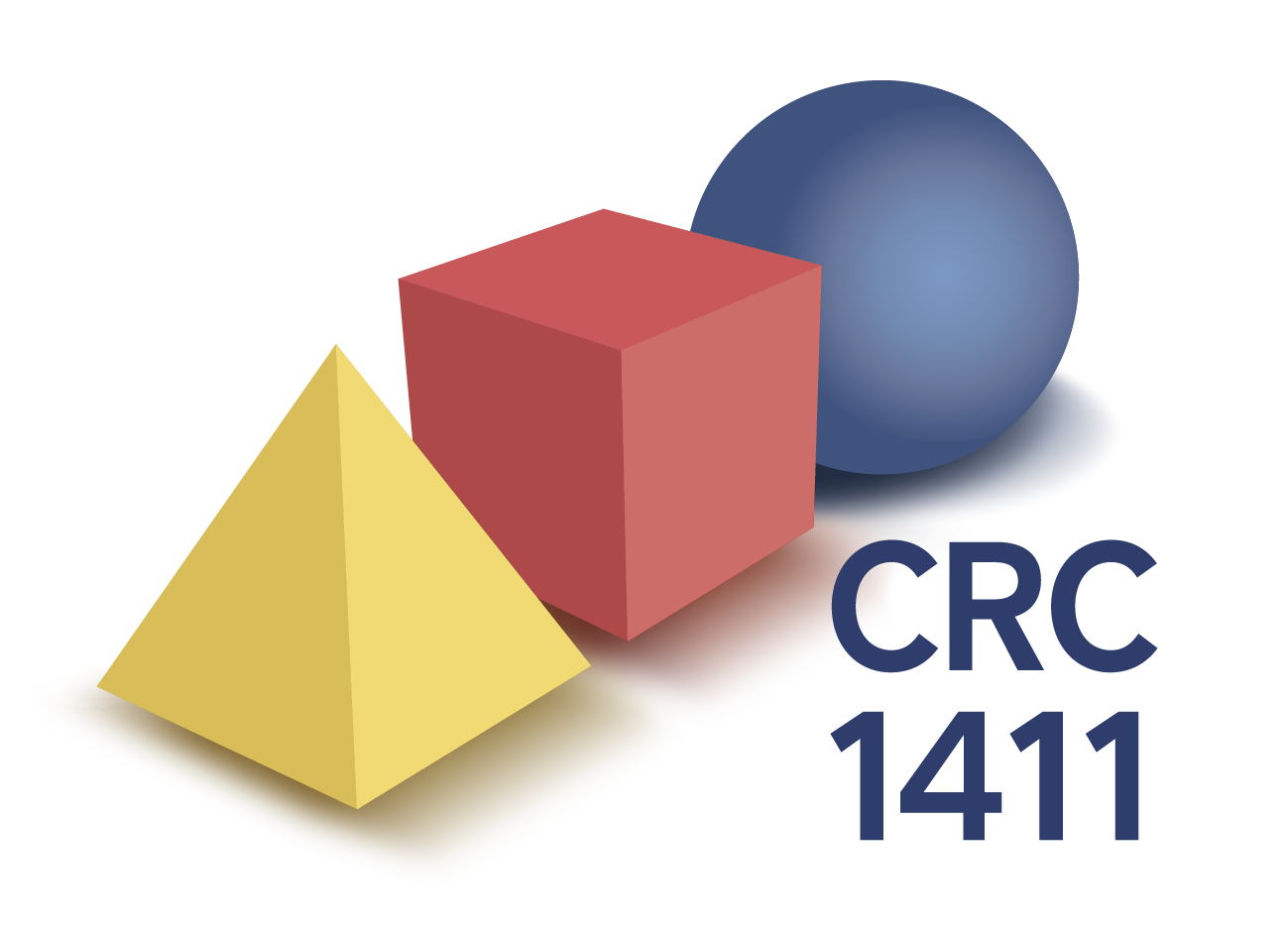Overcoming the “coffee ring effect”
Polymeric additives enable homogeneous drying of dispersed particles

Have you ever spilled your coffee? You may have noticed how the coffee dries into an intriguing stain with a bright centre and a dark ring encircling it.
This ‘coffee ring’ forms because the liquid evaporates faster at the edges, inducing a flow from the droplet interior towards the outside. Suspended solid coffee particles thus accumulate at the drop edge, causing the characteristic ring pattern.
Inks and any other liquids containing solid materials behave like coffee – particles accumulate around the edges upon drying. The resulting uneven particle distribution presents a major challenge in ink-jet printed electronic devices, as it can lead to failure and a loss of performance.
In their Nature Communications paper, a team of researchers led by PI Prof. Dr. Nicolas Vogel from the Friedrich-Alexander-University Erlangen-Nuremberg present a simple, yet versatile strategy to overcome the omnipresent coffee ring effect and achieve homogeneous drying patterns of particle dispersions. The strategy the researchers apply is to modify dispersed particles with polymeric additives. This induces additional steric repulsion, which prevents particle accumulation at the droplet edge and promotes adsorption to the droplet surface, resulting in a homogeneous particle film upon drying.
Importantly, the presented method is independent of particle shape and is applicable to a variety of commercial pigment particles and different dispersion media. The simplicity and versatility of the method paves the way towards reliable coatings and ink-jet printed electronic devices in a wide range of advanced technologies.
Further Information
Prof. Dr. Nicolas Vogel
Tel.: 09131/85-20357
nicolas.vogel@fau.de
www.vogellab.de

